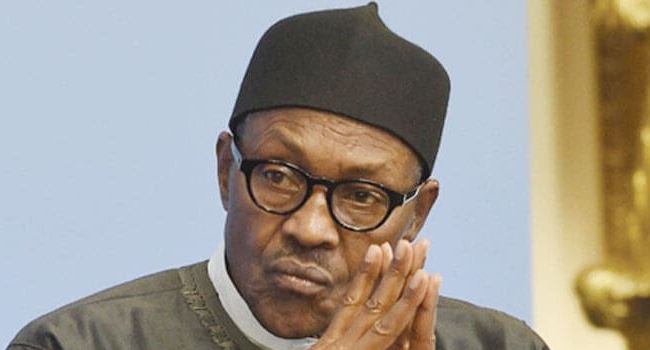News
UN accuses Buhari of not doing enough to stem corruption, killings & human rights violations

The President of Nigeria, Muhammadu Buhari has been queried by the Human Rights Committee of the United Nations (UN) for his inability to stem the high level of corruption, killings, and human rights violations among others in the country.
The accusations were contained in a report released at the conclusion of its review of the implementation of the provisions of the International Covenant on Civil and Political Rights in Nigeria.
During the meeting, Amb. Audu Ayinla Kadiri, Permanent Representative of Nigeria to the United Nations Office at Geneva, who led the Federal delegation was queried by the UN on the killings of members of the Indigenous People of Biafra (IPOB) and Islamic Movement of Nigeria (IMN) popularly, acknowledged and known as Shiites.
According to the UN Committee of Experts, Chaired by Ahmed Amin Fathalla, the purpose of the get together was to formulate recommendations aiming to help the Government to move forward in its fight against the aforementioned lapses by the government.
“Human Rights Committee reviews the situation of Civil and Political Rights in Nigeria. The Human Rights Committee concluded today its review of the implementation of the provisions of the International Covenant on Civil and Political Rights in Nigeria,” Ahmed Fathalla said.
Read also: SUPREME COURT: Adeleke welcomes final blow, wishes Oyetola well
The Committee of Experts also pointed out that corruption remained rampant and that implementation of the legislation was weak. They also asked the delegation to comment on recent events, notably the killing of people in Biafra region and the killing of 350 people in Zaria, in Kaduna province.
In his closing remarks, Ahmed Fathalla, Committee Chair, thanked the delegation. He also recalled that parties to international legal instruments had to abide by their obligations. “It had been a fruitful debate,” he stated.
In his opening remarks, Audu Kadiri said the composition of the Nigerian delegation was a testimony to its commitment to the implementation of the Covenant. He apologized for Nigeria’s inability to submit its second periodic report.
He said Nigeria had implemented many initiatives to improve the effectiveness, accessibility, accountability, transparency and fairness of the justice system, such as the development of justice sector reform action plans and the establishment of judicial research and training centres.
Audu Kadiri added that the Nigerian Government was firmly committed to promote and protect the human rights of Nigerians noting that much had been done in that regard, across a broad range of fields, despite the fact that the Government acknowledged that challenges remained.
Join the conversation
Support Ripples Nigeria, hold up solutions journalism
Balanced, fearless journalism driven by data comes at huge financial costs.
As a media platform, we hold leadership accountable and will not trade the right to press freedom and free speech for a piece of cake.
If you like what we do, and are ready to uphold solutions journalism, kindly donate to the Ripples Nigeria cause.
Your support would help to ensure that citizens and institutions continue to have free access to credible and reliable information for societal development.
























